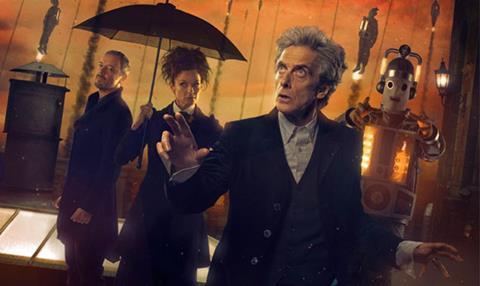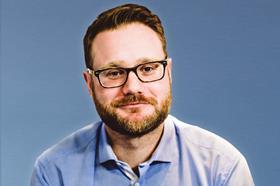BBC Studios has never been terribly comfortable with the notion it has been ‘commercialised’

BBC Worldwide has always worked hand in glove with the corporation’s production arm, so in some ways its merger with BBC Studios is a case of more of the same.
The two organisations didn’t need to be a single entity for Doctor Who to be sold to every major territory around the world.
But there is plenty of note in the BBC’s decision to adopt what many had thought was the best structure all along, combining the newly liberated Studios with the well-established commercial arm Worldwide.
One key element is the potential cultural impact of the merger. BBC Studios has never been terribly comfortable with the notion that it has been ‘commercialised’ and has generally placed greater emphasis on its public service credentials, growing regional outposts and sustaining creativity than making cash.
Its short-term economic goal seems to have been breaking even or turning a small profit. It is hard to see how this can sit comfortably with Worldwide, which has very clear revenue targets and is an organisation fundamentally built on sales.
The BBC has emphasised how the merger will achieve scale and how integration will bring it into line with the rest of the market. But at Endemol Shine, Fremantle and ITV, the same commercial imperatives apply to production as they do to distribution. It is hard to see how the two BBC divisions could continue to have differing ethoses.
”It is not such a big step to imagine some of those minority investments becoming majority ownership”
There are other differences too. In the spring, I asked Mark Linsey if BBC Studios intended to ape ITV Studios by buying up indies. The answer was a resounding no.
Yet he is now part of an organisation with stakes in 16 production businesses and the appetite for more. It is not such a big step to imagine some of those minority investments becoming majority ownership.
Studios has slowly been drafting in talent in the shape of Claudia Lewis, Hannah Wyatt and Suzy Lamb, but an acquisition would have a transformative effect far more quickly.
And there is another potential step towards even greater vertical integration in the offi ng, in the shape of Worldwide (shortly to be Studios, now) reportedly eyeing full control of UKTV.
Imagine an organisation with 10 UK channels, many more around the world, a vast programming archive and a potential UK SVoD service, a huge salesforce exploiting the likes of Strictly and Doctor Who, an ever-expanding slate of stakes in high-profile indies and the production expertise of the Natural History Unit.
That’s starting to feel like a very signifi cant sidekick to the corporation itself.

Chris Curtis is the editor of Broadcast
































No comments yet